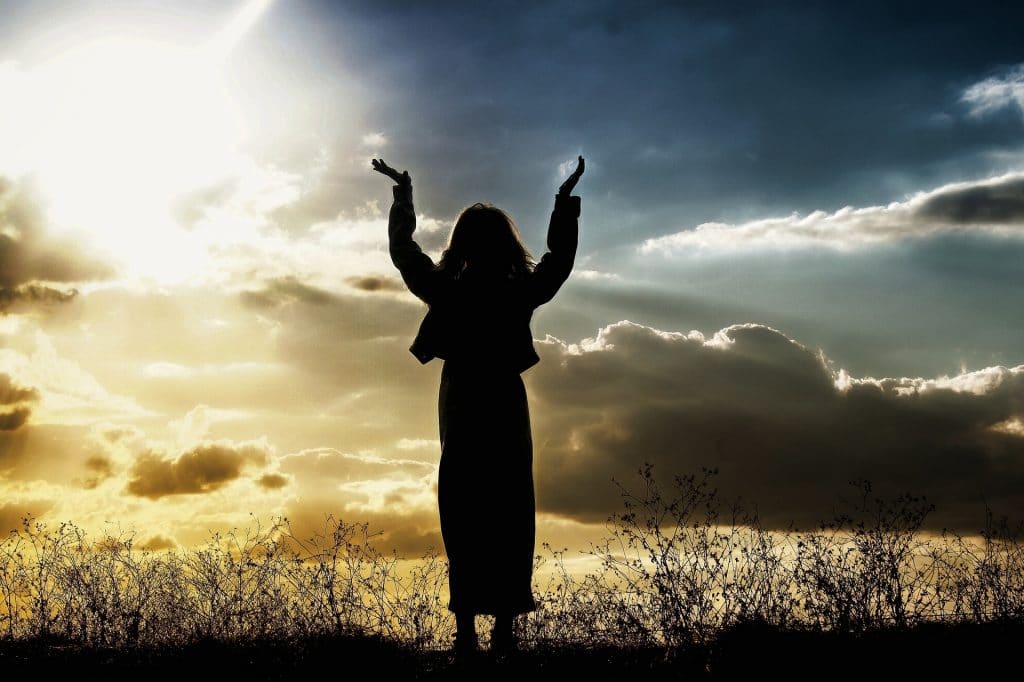The new year has already had a rocky start in the southern Indian state of Kerala. On the 1st January five million women joined together to form the ‘Women’s Wall’, which stretched from the northern city of Kasaragod to the state capital Thiruvananthapuram, spanning almost 385 miles across Kerala (To put that into perspective, that is almost the same distance between London and Edinburgh!). The next day, two women entered the temple of Sabarimala with a police escort, with Kerala’s Chief Minister Pinarayi Vijayan confirming this. The temple was then immediately shut by priests to perform purification rituals. Since then, there has been major religious and political uproar in the state, highlighting the strong intertwining between religion and politics that India frequently sees. But why is there such commotion happening in the first place?
Before getting into the politics of this situation, it is imperative to understand the religious context. Sabarimala is one of India’s most visited Hindu temples and is one of the largest annual pilgrimages in the world, with around 17 – 50 million people visiting per year. The temple was built to commemorate the Hindu god of growth, Ayyappan. He was raised by a childless royal couple, growing up to be a strong warrior and followed a strict ethical dharmic way of life, including absolute celibacy. Devotees who want to enter the temple complete a 41-day preparation beforehand, which includes abstinence from sex, doing yoga and wearing traditional dress. Groups who partake in the pilgrimage do not discriminate between caste and they welcome all worshippers as equals. However, women of menstruating age (defined as being between 10 -50) have been barred from entering the temple. This is because many believe that this would tempt the celibate deity. Lord Ayyappan himself is said to have laid strict rules for the pilgrimage that everyone must follow. This is where the political dimension of the debate enters.
Though women of menstruating age were denied entry into the temple almost two centuries ago, it was in 1991 when the Kerala High Court restricted entry for women between the ages of 10 and 50. The judges also recommended to the Kerala Government to use police force to keep the restriction in place. However, in September 2018 the Indian Supreme Court overturned the restriction, arguing that the restriction stereotypes women. This overturning caused widespread mayhem across the state, especially outside the temple gates when it was opened to women who were previously unallowed to enter. Protestors, many of whom were also women, assaulted female journalists, prevented women from entering and vandalised cars.
Kerala is run by the Communist Party of India (CPI), despite the fact that the main ruling party of India is the right-wing Bharata Janata Party (BJP). It is the CPI who helped to organise the ‘Women’s Wall’, with an estimated 5 million women from all over the state participating in a move to support gender equality and supporting the Supreme Court’s ruling. However, the ruling BJP actually went against the Supreme Court ruling and supported the ban, arguing that the ruling is an attack on traditional Hindu values. This is seen by many as the BJP courting the views of its predominantly right-wing Hindu support base, which it sorely needs in the run-up to the upcoming general election scheduled for April and May. Even the BJP’s opposition, the Indian National Congress (INC) have come out arguing that the ban should stay in place. This again is appealing to the vast number of Hindus who wish to see the status quo being upheld. Those favouring the status quo looked askance at the opposition, but those supporting the Supreme Court argue that worship should not be gender-specific and entry to Sabarimala should not be the prerogative of males (and rightly so). In response, many Hindu groups organised several hartals (similar to a general strike) which put the state in a standstill multiple times.
This recent event shows the significant hold religion has on Indian politics, and it is clear that this issue goes beyond gender equality. The toxic confluence of religion, politics, gender rights and rule of law has created a major upset which may have no immediate end. India has always struggled to keep matters of religion and state separate, even before independence. The lines in this situation is extremely blurry – whilst respect towards religious freedom is something that should be championed by all countries, gender equality is equally of paramount importance. Since both sides are taking a position of stubborn certitude, it seems the only solution is for both sides to reach an eventual compromise.
Any views expressed in this article are those of the author and not necessarily those of any other member of The Speaker’s team. Links are for informational purposes only and are not endorsements. The content of external sites is not the responsibility of The Speaker, in accordance with our Disclaimer and policies.




